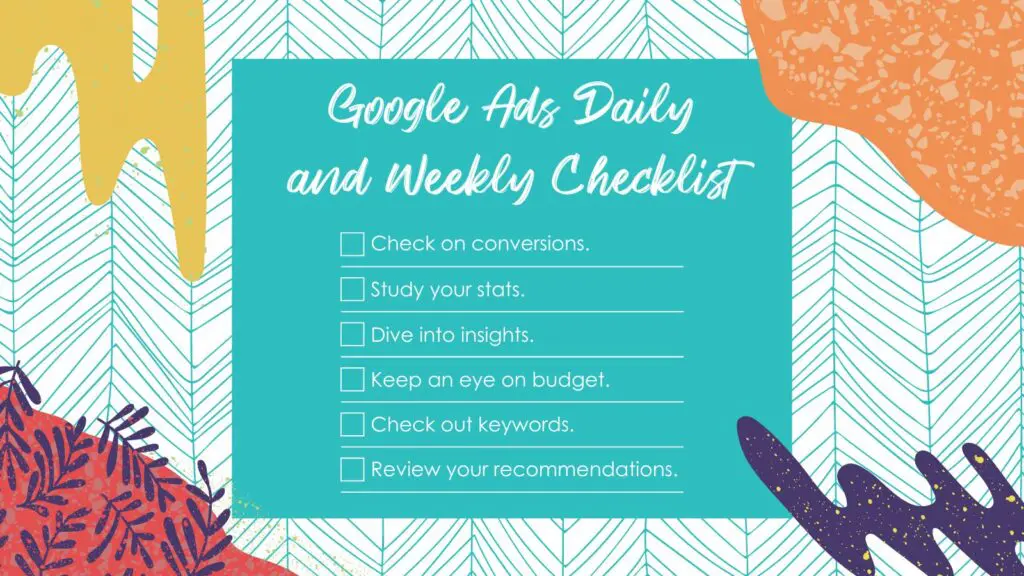Words are hard. For some reason, our brains don’t always love translating thoughts into written language, and that can get pretty frustrating. Good storytelling is hard enough, but when you add grammar into the mix, the whole thing can get a bit confusing. How are you supposed to know if you need a comma? Semicolon? Single quote vs double quote – forget it…
Well, fear not! Our team grammar and punctuation experts (police) are here to point out, in a non-judgy way, frequent mistakes that we run into. After you read this, you’ll be one step closer to becoming a grammar pro (probably not).
1. Me vs. I
This is a mistake that KEEPS showing up more and more these days. For whatever reason, people seem to think that using the word “I” in place of “me” makes them sound more educated. Newsflash: if you misuse these words it makes you sound the opposite of educated.
Kim Says: Come on guys, I know you’re talking about me here. And also, I’m smart.
Okay, so technically this goes back to grammar cases called nominative and accusative (and sometimes dative), but we’re not gonna go there (cause you just fell asleep). You can Google those terms if you want to learn more (you won’t). We’re just going to teach you how to spot when to use the right word.
Here’s the rule: if you’re the subject of the sentence (the one doing the thing), use “I.” If you’re ANYTHING ELSE, use “me.”
Check it out. We’re going to bold the subject of these next few sentences to give you an idea of what we’re talking about. A lot of the time, subjects are towards the beginning of the sentence. So if you’re not at the start of the sentence, don’t use “I.”
That gift is from him and me. (NOT I)
I gave him that gift.
He gave that gift to me.
See? When you’re not the one doing something, it’s not about “I.” (Sounds weird to read, doesn’t it?) It’s about “me.” (Much better.)
2. F-f-f-fragments.
Fragments are great. Really great. Sometimes.
Other times, they look out of place or accidental. While fragments are good for conveying style or tone (we do this all the time for 8THIRTYFOUR), they don’t always come across as informative or professional.
So how do you avoid fragments? Easy! Just make sure each sentence has one complete thought.
What’s in a complete thought? You need to have a subject and an action.
For example:
He works really well. = “He” is the subject, and “works” is the action.
He works. Really well. = “He works” is a complete sentence, but “really well” doesn’t have a subject or action. See?
The only time this gets tricky is with sentences that are telling people to do something. All you have to do for these is think, “If I add ‘you’ to the front of this? Does it make sense?”
For example:
Go to the Basic Party. = “You go to the Basic Party,” is still a complete sentence. “You” is the subject, and “go” is the action. (See what we did there?)
To the Basic Party. = “You to the Basic Party” doesn’t make any sense, so “to the Basic Party” is a fragment, not a sentence.
Kim Says: I’m confused, just come to our party.
3. Apostrophes (and ironically not Apostrophe’s)
Okay, so this is technically a punctuation rule and not a grammar one (cause you totally knew the difference), but shhh. It needs to be said.
Say it with us: apostrophes show possession, NOT plurals.
What does that mean? When you write “dogs,” you mean multiple dogs. When you write “dog’s,” you mean something that belongs to ONE dog. When you write “dogs’,” you mean something that belongs to multiple dogs.
Kim Says: If you have 7 dogs, does this change the rule? I feel like it should.
The same is true for days of the week:
- Saturdays = more than one Saturday (“I drink iced red wine on Saturdays.”)
- Saturday’s = belonging to one Saturday (“I loved Saturday’s weather.”)
People also love to put apostrophes in acronyms and decades. You don’t need to. Here’s what we mean:
- 80s = the decade or the degrees we want it to be outside (“I love the 80s.”)
- 2000s = all of those weird years from 2000-2009 (seriously, they seem like they were yesterday.)
- CDs = multiple disks (are we dating ourselves yet?)
- RVs = a bunch of campers that we want to take to the beach this second or cram a bunch of dogs inside
Get the idea? Great!
There are a million more little things to learn about grammar and writing, but we hope that this at least helps you get started. Just promise not to be a grammar snob and correct the people around you, okay? No one likes that.
Kim Says: Don’t believe them, they love to point out my grammar faux paus – wait a second…did you guys write this about me?
Do you need help with your blog and copy writing skills? We’d love to talk. Connect with us to grab a coffee and find out how our team can help you.










One Response
These are great! I will share to my groups.